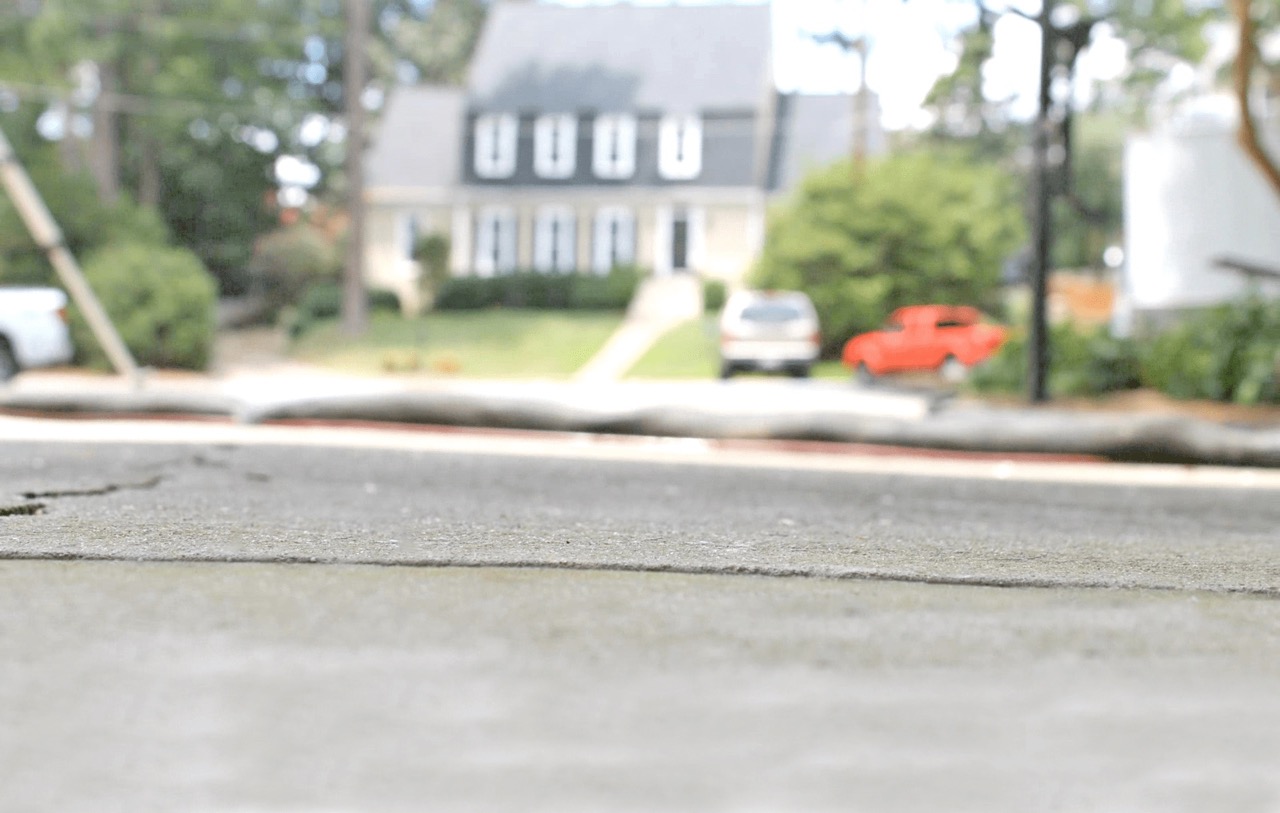

Articles
How Much Does Driveway Leveling Cost
Modified: November 1, 2024
Get a comprehensive guide on the cost of driveway leveling. Read articles and learn about the pricing factors to plan your project effectively.
(Many of the links in this article redirect to a specific reviewed product. Your purchase of these products through affiliate links helps to generate commission for Storables.com, at no extra cost. Learn more)
Introduction
Welcome to our comprehensive guide on driveway leveling costs. If you have noticed cracks, sinking, or unevenness in your driveway, it’s time to consider driveway leveling to restore its functionality and appearance. Whether you are a homeowner or a business owner, a properly leveled driveway is essential for safety, convenience, and aesthetic appeal.
Driveway leveling involves the process of lifting and leveling a sinking or uneven driveway surface. Over time, factors such as settling soil, weather conditions, or heavy vehicle traffic can cause driveways to sink and develop cracks, potholes, and other structural issues. Driveway leveling helps to address these problems, restoring the driveway’s stability and eliminating tripping hazards.
In this guide, we will take you through all the important aspects of driveway leveling, including the methods used, factors affecting the costs, and how to choose the right contractor for the job. By the end of this article, you will have a clear understanding of what to expect in terms of costs and the necessary steps to ensure a successful driveway leveling project.
So, let’s dive in and explore the world of driveway leveling!
Key Takeaways:
- Driveway leveling costs vary based on factors like driveway size, damage level, and chosen method. It’s crucial to consult multiple contractors for personalized quotes and prioritize quality over the cheapest option.
- While DIY driveway leveling may seem cost-effective, hiring a professional contractor ensures expertise, efficiency, and long-term results. Consider factors like experience, reputation, and communication when choosing the right contractor.
Read more: How Much Does It Cost For A Paver Driveway
Understanding Driveway Leveling
Driveway leveling is a process that aims to restore the evenness and integrity of a driveway by lifting and stabilizing any sunken or uneven areas. This is typically done by injecting a special material, such as polyurethane foam or expansive grout, into the affected areas.
There are several reasons why driveways can become uneven or develop sinking spots. One common cause is soil erosion or settlement beneath the driveway surface. As the soil beneath the driveway shifts or settles, it can cause the concrete or asphalt to sink or crack. Another cause is poor construction or inadequate compaction during the initial installation of the driveway.
Uneven driveways not only detract from the overall aesthetic appeal of your property, but they can also pose safety risks. Tripping hazards can occur when there are significant height differences between sections of the driveway. Additionally, uneven driveways can lead to water pooling, which can cause further damage over time.
Driveway leveling is a cost-effective solution to address these issues and restore the functionality and appearance of your driveway. By leveling the surface, you can eliminate tripping hazards, improve drainage, and enhance the overall curb appeal of your property.
It’s important to note that driveway leveling is not intended to fix structural problems such as major cracks, extensive deterioration, or significant damage to the driveway. In such cases, it may be necessary to consider more extensive repair or replacement options.
Now that we have a basic understanding of what driveway leveling entails, let’s explore the factors that can influence the costs associated with this process.
Factors Affecting Driveway Leveling Costs
The overall cost of driveway leveling can vary depending on several factors. Understanding these factors will help you estimate and plan for the expenses involved in your driveway leveling project. Here are the key factors that can influence the costs:
1. Size and Type of Driveway
The size and type of your driveway play a significant role in determining the overall cost. Larger driveways will require more materials and labor, which can increase the expenses. Additionally, the type of driveway material, such as concrete or asphalt, can also affect the cost. Concrete driveways may require additional steps, such as crack repair and sealing, which can impact the overall price.
2. Level of Damage
The extent of damage to your driveway will also affect the cost of leveling. Minor cracks or small sinking spots may require less material and labor compared to a severely damaged or completely sunken driveway. Assessing the level of damage and discussing it with a professional will help determine the appropriate approach and estimate the associated costs.
Read more: How Much Does It Cost To Repair A Driveway
3. Accessibility
The accessibility of your driveway can impact the cost of leveling. If your driveway is difficult to access or requires special equipment to reach, it may increase the labor and transportation expenses. Factors such as narrow spaces, slopes, or obstacles on the path to the driveway can affect the overall cost.
4. Location
The location of your property can influence the cost of driveway leveling due to variations in labor and material costs. The local market rates, availability of contractors, and logistic factors can all impact the overall expenses. It’s advisable to research and compare prices from multiple contractors in your area to ensure you are getting a fair and competitive quote.
5. Additional Repairs or Services
During the driveway leveling process, additional repairs or services may be required. For example, if your driveway has significant cracks, they may need to be filled and sealed, which can incur additional costs. It’s essential to discuss these potential repairs or services with your contractor to get a comprehensive estimate of the project’s total expenses.
By considering these key factors, you can get a better understanding of the costs associated with driveway leveling. However, it’s important to note that prices can vary significantly depending on your specific circumstances and the contractor you hire. Obtaining multiple quotes and consulting with professionals will help you make an informed decision and get the best value for your investment.
Types of Driveway Leveling Methods
When it comes to driveway leveling, there are several methods and techniques that can be used to lift and stabilize the surface. The choice of method depends on various factors, including the type of driveway material, the extent of damage, and the desired outcome. Here are some of the most common driveway leveling methods:
Read more: How Much Does It Cost For A Gravel Driveway
1. Mudjacking or Slabjacking
Mudjacking, also known as slabjacking, is a popular method for lifting sunken concrete driveways. This process involves drilling small holes into the affected area and injecting a mixture of cement, sand, and other additives beneath the slab. The material fills the voids and raises the concrete back to its original position. Mudjacking is a cost-effective solution and provides long-lasting results for minor to moderate sinking issues.
2. Polyurethane Foam Injection
Polyurethane foam injection is a modern and efficient method used to level both concrete and asphalt driveways. In this process, small holes are drilled, and a specialized resin foam is injected beneath the sunken areas. The foam expands, filling the voids and lifting the driveway. Polyurethane foam injection offers quick curing times, minimal disruption, and long-lasting results. It is often the preferred method for more severe sinking or where precise control of the lift is required.
3. Expansive Grout
Expansive grout, also known as chemical grout or pressure grouting, is commonly used for asphalt driveway leveling. This method involves injecting a specialized grout material into the voids beneath the asphalt to lift and stabilize the surface. The grout expands and solidifies, providing a durable and stable base for the driveway. Expansive grout is suitable for addressing minor to moderate sinking or unevenness in asphalt driveways.
4. Concrete Replacement
In cases where the damage is extensive or the driveway is beyond repair, concrete replacement may be necessary. This method involves removing the existing concrete driveway and pouring a new one. Concrete replacement is a more expensive and time-consuming option but provides a fresh and structurally sound driveway. It is often chosen when the existing driveway has severe cracks, deterioration, or is no longer structurally stable.
Consulting with a professional contractor will help determine the most suitable method for your specific driveway leveling needs. They will assess the condition of your driveway and recommend the best approach to achieve optimal results within your budget.
Read more: How Much Does It Cost To Build A Driveway
Average Cost of Driveway Leveling
The cost of driveway leveling can vary depending on various factors, including the size of the driveway, the level of damage, the chosen leveling method, and the location. However, to give you a general idea, we will provide you with average cost ranges based on industry standards.
Small Driveways
For small driveways measuring around 200-400 square feet, the average cost of leveling ranges from $500 to $1,000. The cost can vary depending on the severity of the sinking or unevenness and the chosen leveling method.
Medium Driveways
Medium-sized driveways measuring around 400-700 square feet typically cost between $1,000 and $2,000 to level. Again, the exact cost will depend on factors such as the method used, the extent of damage, and any additional repairs or services required.
Large Driveways
For larger driveways measuring above 700 square feet, the cost of leveling can range from $2,000 to $5,000 or more. The size of the driveway significantly impacts the labor and material requirements, which affects the overall cost.
It’s important to keep in mind that these figures are estimates, and the actual cost can vary based on your specific circumstances and contractor pricing. Some contractors may charge per square foot, while others may have a flat rate for the project.
Additionally, it’s crucial to consider any additional costs that may be involved. These can include assessments or inspections to determine the cause of the sinking, repairs for cracks or damage, and any permits or fees required by local authorities.
To get an accurate estimate for your driveway leveling project, it’s recommended to consult with multiple contractors. They will assess the condition of your driveway, consider the necessary steps and materials, and provide you with a detailed quote.
Remember, it’s essential to prioritize quality and experience when hiring a contractor. Going for the cheapest option may end up costing you more in the long run if the work is not done properly or if inferior materials are used. Invest in a reputable contractor who can deliver reliable results and ensure the longevity of your leveled driveway.
Read more: How Much Does It Cost To Pave A Driveway
Additional Costs to Consider
When planning for driveway leveling, it’s important to keep in mind that there may be additional costs beyond the primary leveling process. These costs can vary depending on the specific circumstances and the condition of your driveway. Here are some common additional costs to consider:
1. Crack Repair and Sealing
If your driveway has cracks, it’s essential to address them before or during the leveling process. Cracks can allow water to seep beneath the surface, leading to further damage. Depending on the size and number of cracks, repairing and sealing them can range from $100 to $500 or more.
2. Asphalt Resurfacing or Sealcoating
For asphalt driveways, resurfacing or sealcoating may be necessary to protect and enhance the surface. Resurfacing involves adding a new layer of asphalt, while sealcoating involves applying a protective coating. These services can range from $1 to $3 per square foot, depending on the size of the driveway and the level of preparation needed.
3. Drainage Improvements
If your driveway has poor drainage, it may be necessary to make improvements during the leveling process. This could involve adding or adjusting drainage systems, such as French drains or trench drains, to ensure proper water runoff. The cost of drainage improvements can vary depending on the extent of work needed and the chosen drainage solution.
Read more: How Much Does Driveway Resurfacing Cost
4. Permits and Inspections
Depending on your local regulations, you may need permits or inspections for your driveway leveling project. The cost of permits can vary depending on your location and the scope of the project. Additionally, some contractors may charge for inspections to assess the condition of your driveway and identify the best approach for leveling.
5. Landscaping and Repairs
During the leveling process, it’s possible that landscaping elements, such as plants or pavers, may need to be temporarily removed or replaced. Additionally, if your driveway has significant damage, there may be additional repair costs for areas surrounding the driveway, such as sidewalks or retaining walls.
It’s important to discuss these potential additional costs with your contractor during the initial consultation. They can provide you with a comprehensive estimate that includes all necessary repairs, services, and any associated fees. By considering these additional costs upfront, you can better plan your budget and ensure a successful driveway leveling project.
DIY vs Professional Driveway Leveling
When it comes to driveway leveling, you may be tempted to take on the project as a do-it-yourself (DIY) endeavor. While DIY projects can be rewarding, it’s important to weigh the pros and cons before deciding whether to tackle driveway leveling on your own or hire a professional contractor. Here are some factors to consider:
1. Expertise and Experience
Professional driveway leveling contractors have years of experience and the necessary expertise to assess the condition of your driveway accurately and determine the most appropriate leveling method. They are familiar with industry standards, best practices, and have access to professional-grade equipment and materials. This expertise minimizes the risk of mistakes and ensures a successful outcome.
Read more: How Much Does It Cost To Expand A Driveway
2. Time and Efficiency
Driveway leveling can be a time-consuming process, especially if you’re doing it for the first time. Professional contractors have the skills and resources to complete the job efficiently and save you valuable time. They can also coordinate the necessary permits and inspections, if required, ensuring a smooth and timely project completion.
3. Proper Equipment and Tools
Driveway leveling often requires specialized equipment and tools, such as concrete drills, leveling compounds, and foam injection systems. Professional contractors have access to these tools and equipment, ensuring that the job is done accurately and efficiently. If you decide to DIY, you will need to invest in or rent the necessary equipment, which can add to the overall cost.
4. Safety Considerations
Driveway leveling can involve working with heavy materials and equipment, as well as potentially hazardous chemicals. Professional contractors are trained in safety procedures and have the necessary protective gear, reducing the risk of accidents or injuries. They also carry liability insurance, providing you with peace of mind in case of any unforeseen damages or mishaps during the project.
5. Long-Term Results
Professional driveway leveling is more likely to provide long-lasting results compared to a DIY approach. Contractors have access to high-quality materials and the knowledge to effectively address the underlying causes of driveway sinking or unevenness. They can also provide warranties or guarantees on their work, ensuring that you have recourse if any issues arise in the future.
6. Cost Considerations
While DIY driveway leveling may seem more cost-effective initially, it’s important to consider the potential risks and costs of mistakes. Improper leveling can lead to further damage and the need for costly repairs or replacement down the line. Professional contractors can provide you with a comprehensive quote, taking into account all the necessary materials, equipment, and services, giving you a clear picture of the overall cost.
If you have experience in construction or driveway maintenance and are confident in your abilities, undertaking a DIY driveway leveling project may be a viable option. However, for most homeowners, hiring a professional contractor is the recommended choice to ensure a safe, efficient, and successful driveway leveling process.
How to Choose the Right Driveway Leveling Contractor
Choosing the right driveway leveling contractor is crucial to ensure a successful and satisfactory outcome. Here are some key factors to consider when selecting a contractor for your driveway leveling project:
1. Experience and Expertise
Look for contractors with a proven track record and ample experience in driveway leveling. Ask for references, check customer reviews, and view their portfolio to assess the quality of their work. An experienced contractor will have the necessary expertise to handle various types of driveways and address specific leveling challenges.
2. Licensing and Insurance
Verify that the contractor is fully licensed and insured. A valid license demonstrates that they have met the necessary requirements and have the legal authorization to perform driveway leveling. Insurance coverage protects you from any liability in case of accidents, injuries, or property damage that may occur during the project.
3. Reputation and Reviews
Research the contractor’s reputation in the industry and check for any complaints or disciplinary actions against them. Read online reviews and testimonials from past clients to gain insights into their professionalism, reliability, and the quality of their work. Choose a contractor with a solid reputation and positive reviews.
4. Written Estimates
Obtain written estimates from multiple contractors before making a decision. The estimate should include a breakdown of costs, the proposed leveling method, materials to be used, and the timeline for completion. It’s important to compare these estimates to ensure you are getting a fair price and a comprehensive scope of work.
5. Warranty or Guarantee
Inquire about any warranty or guarantee offered by the contractor. A reputable contractor should stand behind their work and provide a warranty that covers any defects or problems that may arise after the project is completed. This ensures that you have recourse if any issues occur in the future.
6. Communication and Professionalism
Assess the contractor’s communication skills and professionalism. Are they responsive to your inquiries? Do they take the time to answer your questions and address your concerns? A contractor who communicates effectively and maintains a professional demeanor is more likely to provide a positive and hassle-free experience.
7. Contracts and Terms of Service
Before committing to a contractor, make sure to review and understand the contract and terms of service. The contract should outline the project details, payment schedule, any warranties or guarantees, and any applicable terms and conditions. If anything is unclear, seek clarification before signing the contract.
Remember, choosing the right driveway leveling contractor is a crucial step in ensuring a successful project. Taking the time to research, obtain multiple estimates, and ask the right questions will help you find a reputable contractor who will deliver quality results and exceed your expectations.
Conclusion
Driveway leveling is an important process that helps restore the functionality, safety, and aesthetic appeal of your driveway. Whether you have a concrete or asphalt driveway, addressing sinking or unevenness is crucial to prevent further damage and maintain the value of your property.
In this comprehensive guide, we’ve explored the various aspects of driveway leveling, including the factors affecting costs, different leveling methods, average pricing, additional costs to consider, DIY vs professional options, and how to choose the right contractor.
While DIY driveway leveling may seem like a cost-effective option, it’s important to remember the benefits that come with hiring a professional contractor. Professionals possess the necessary expertise, experience, specialized equipment, and proven techniques to ensure a successful outcome. They can also provide warranties or guarantees on their work, giving you peace of mind in the long run.
When selecting a contractor, consider their experience, reputation, licensing, insurance coverage, and communication skills. Obtain written estimates and review the terms of service thoroughly before making a decision. By investing in a reputable contractor, you can rest assured that your driveway leveling project will be completed efficiently, safely, and to your satisfaction.
Remember, every driveway is unique, and the costs and requirements may vary depending on various factors. It’s essential to consult with professionals and obtain personalized quotes to get an accurate understanding of the expenses involved in your specific driveway leveling project.
Now that you have a comprehensive understanding of driveway leveling, you can confidently take the next steps to restore and enhance the functionality and beauty of your driveway. Whether you choose to hire a professional or embark on a DIY project, ensuring a leveled and well-maintained driveway will not only add value to your property but also provide you with peace of mind for years to come.
Frequently Asked Questions about How Much Does Driveway Leveling Cost
Was this page helpful?
At Storables.com, we guarantee accurate and reliable information. Our content, validated by Expert Board Contributors, is crafted following stringent Editorial Policies. We're committed to providing you with well-researched, expert-backed insights for all your informational needs.
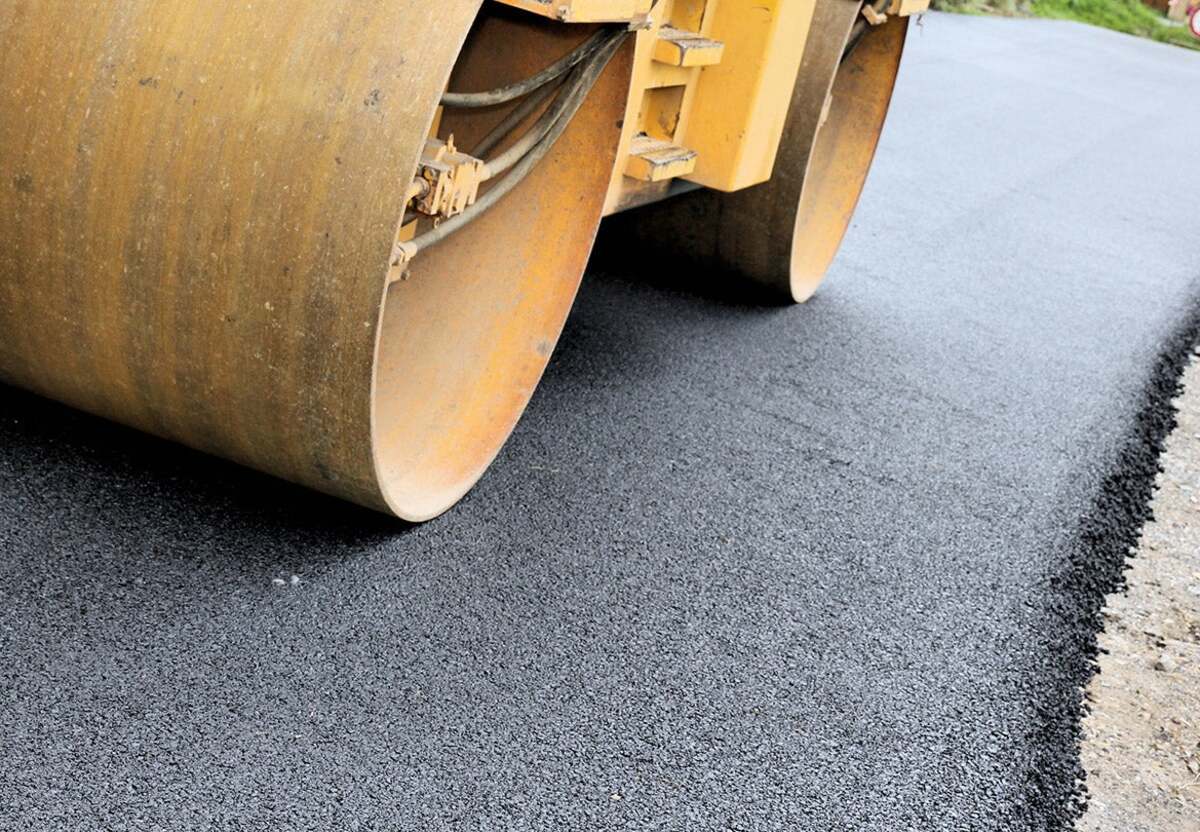
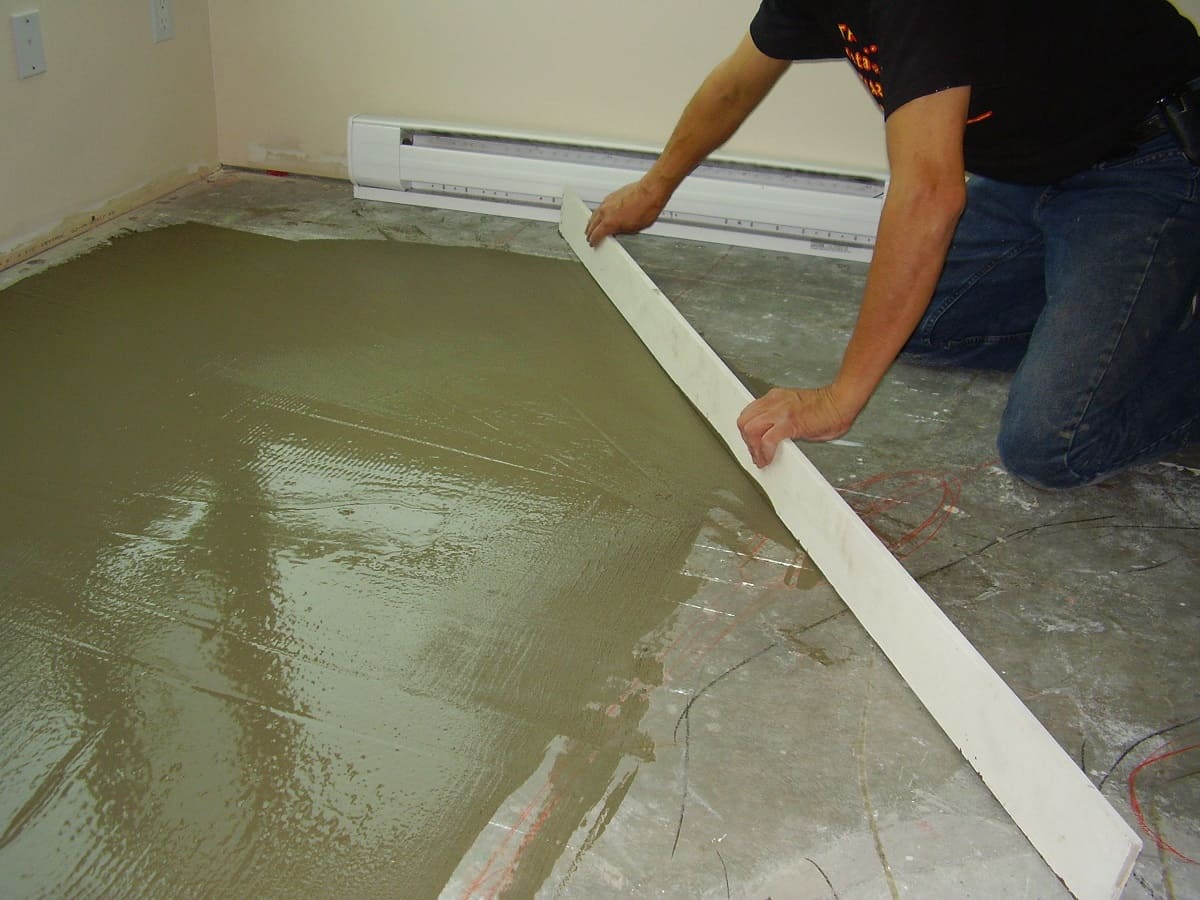
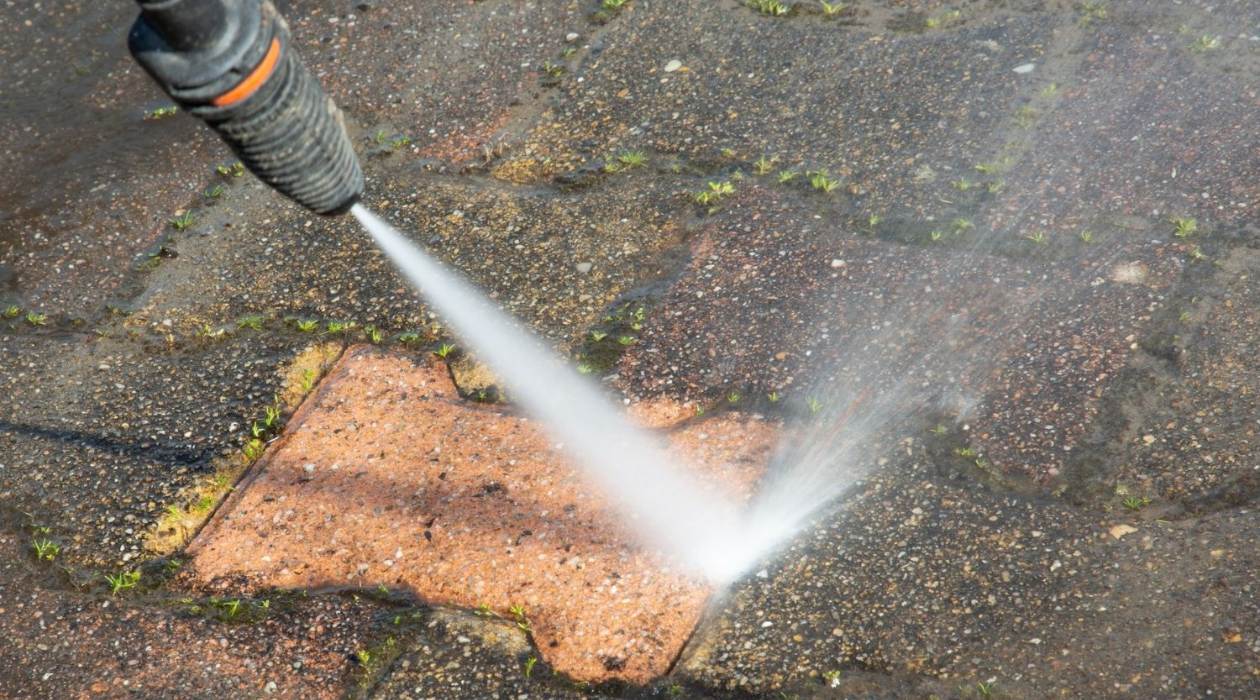
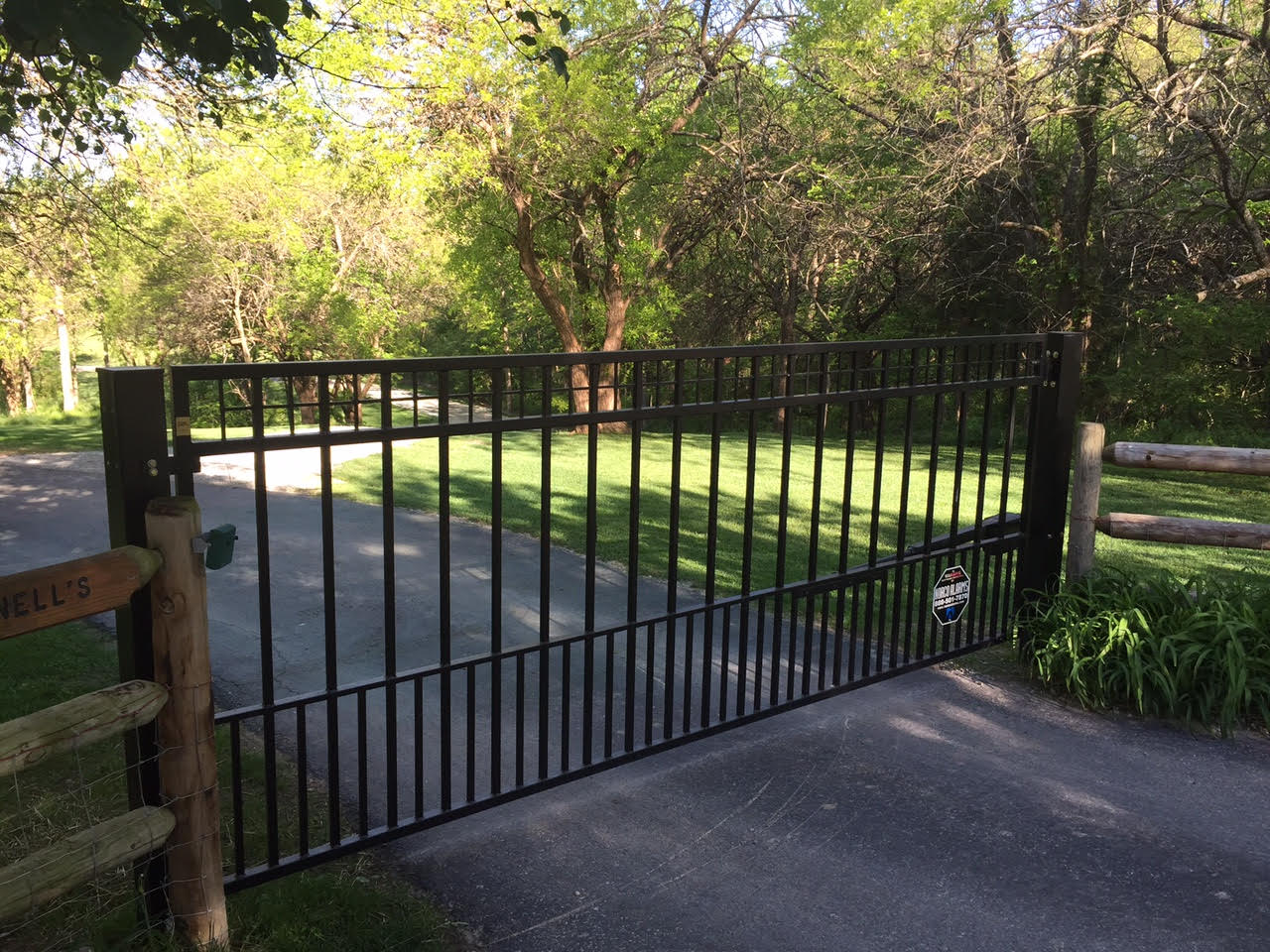
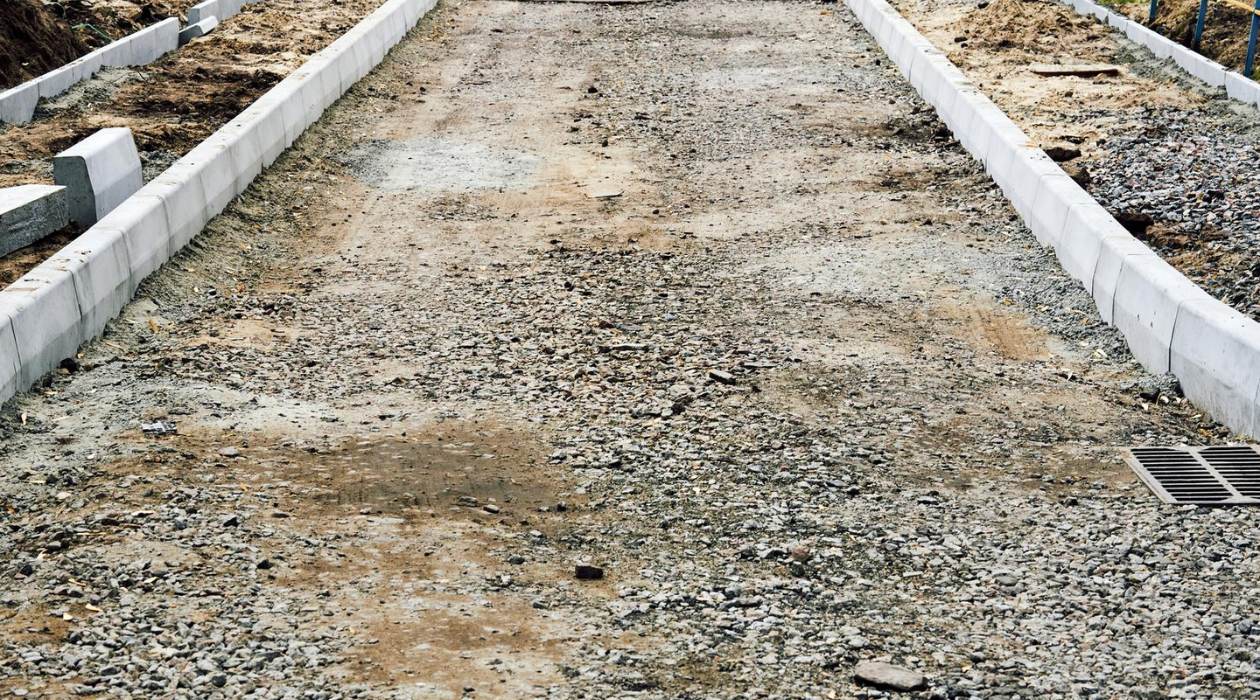
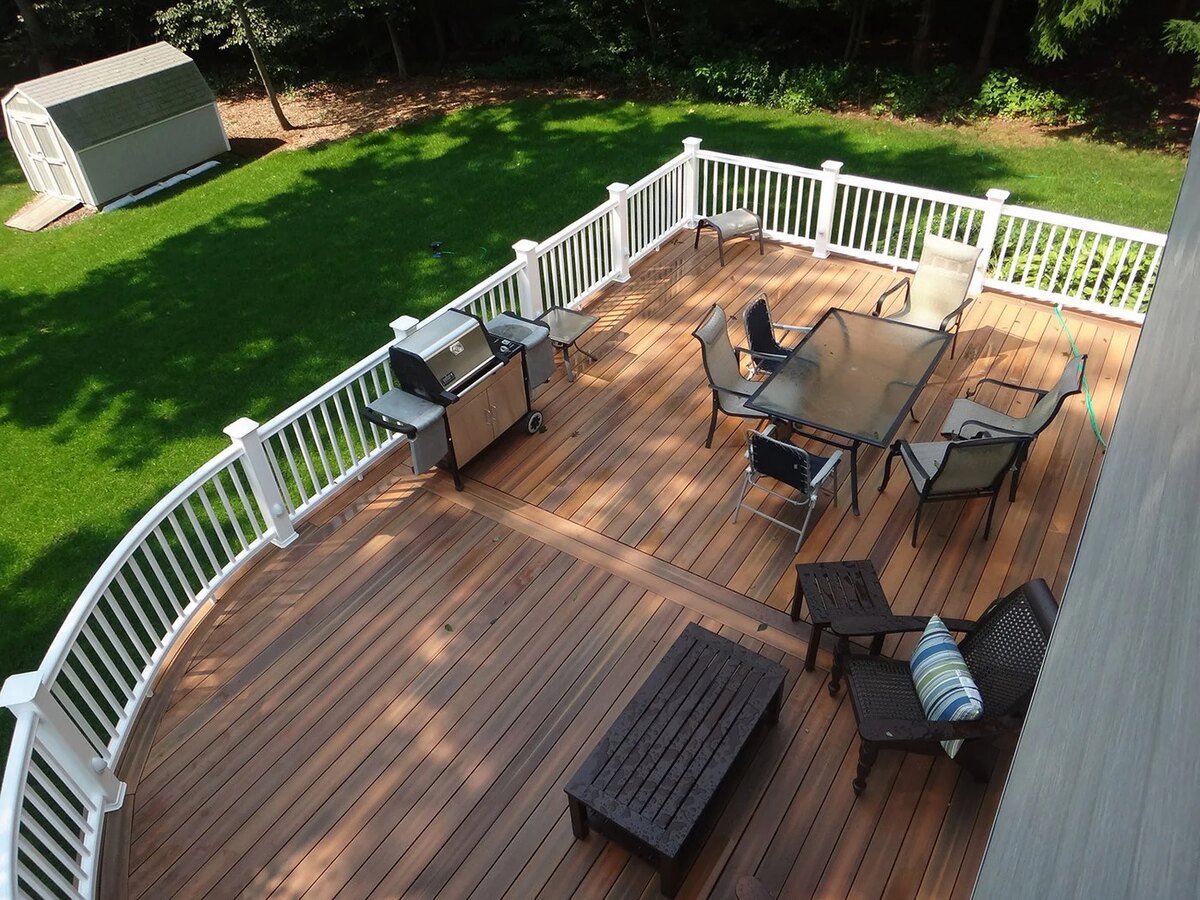

0 thoughts on “How Much Does Driveway Leveling Cost”